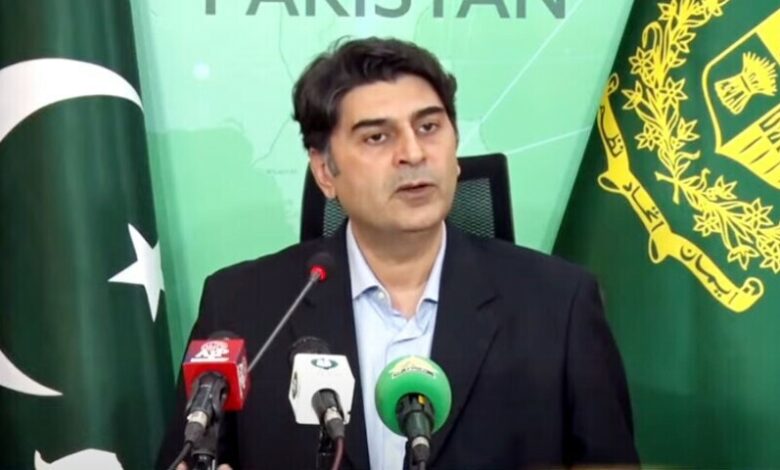Govt enhances surveillance, screening for mpox, advises public against worrying – Pakistan


Prime Minister’s Coordinator for Health Dr Malik Mukhtar Ahmad on Saturday said that the government has formulated a comprehensive strategy to protect the people from mpox and advised the public against worrying.
Mpox, formerly called monkeypox, can spread through close contact. Usually mild, it is fatal in rare cases. It causes flu-like symptoms and pus-filled lesions on the body.
The World Health Organisation (WHO) declared the recent outbreak of the disease as a public health emergency of international concern on Wednesday after the new variant of the virus was identified.
https://www.dawn.com/news/1852468/explainer-why-is-mpox-an-emergency-again-and-how-worried-should-you-be)
A new form of the virus has triggered global concern because it seems to spread more easily through routine close contact. A case of the new variant was confirmed on Thursday in Sweden and linked to a growing outbreak in Africa, the first sign of its spread outside the continent. Pakistan’s first suspected case was quarantined on Thursday as well and instructions were subsequently issued to enhance monitoring.
Addressing a press conference in Islamabad today, Dr Ahmad said that people need not worry as only one case was reported in the country, adding that surveillance and screening mechanisms were in place at all airports and points of entry.
Dr Ahmad said laboratories were allocated for diagnosis in all provinces and the federal capital. He said cases were reported from Africa and travellers from Africa, America and the Gulf countries would be monitored.
He said that under the leadership of Prime Minister Shehbaz Sharif, the federal capital and provinces have taken steps on a joint priority basis. Dr Ahmad said the Ministry of Health was ensuring continuous monitoring on a daily basis and the government was also closely monitoring the situation.
He said the ministry was in full contact with the provinces and a daily meeting was being conducted on the prime minister’s instructions. Dr Ahmad appealed to the public to isolate at home if their family had a travel history or mpox symptoms.
Dr Ahmad instructed the public to contact a qualified doctor and follow their instructions in case of showing any symptoms of mpox.
He said that symptoms could take 10 to 15 days to appear and spending too much time with the patient could spread the infection.
“It is better if the patient is quarantined,” he said, adding that fever medicines were used for mpox.
PM orders strict vigilance
Meanwhile, PM Shehbaz ordered strict vigilance on the spread of the disease.
Chairing a meeting on the measures being taken against the viral infection’s spread, the prime minister instructed that effective screening measures be ensured at all airports, seaports and borders, besides asking Border Health Services to keep complete surveillance of the situation.
He also directed the National Command and Operations Centre (NCOC) to remain alert and evaluate the situation daily. The premier also tasked the NCOC with ensuring the provision of all required gadgets and kits for evaluating the virus.
PM Shehbaz asked for the launch of an effective awareness campaign, hinting that he would have a weekly briefing on the mpox situation.
The meeting’s members were apprised of the situation about the spread of the virus. They were told that a person in Mardan district was diagnosed as the carrier of the virus and he had just returned to Pakistan from abroad where he was employed. He was quarantined and his condition was out of danger.
The gathering was told that no local transmission of mpox was detected in the country. The members were further informed that the federal and provincial governments were launching awareness drives and the Civil Aviation Authority would supervise the flights arriving from abroad.
Further details were also provided, including that the provincial governments, governments of Gilgit-Baltistan, Azad Jammu and Kashmir and Islamabad Capital Territory administration had allocated isolation wards and beds in the largest hospitals for possible cases and all precautionary measures were in place.
Source link